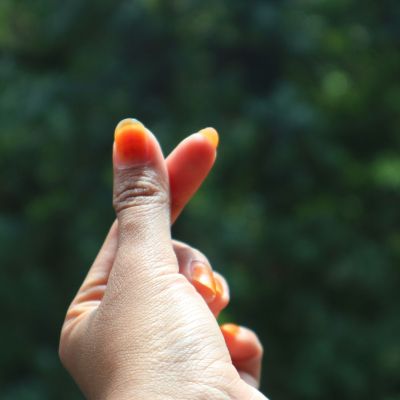patriarchy
What gets silenced today isn’t just what’s obscene – it’s what’s inconvenient. What doesn’t sell. What asks us to take sex seriously or differently.
Because we also understand and acknowledge the power of a single step forward, we decided to deep dive into working with sign languages for people who are deaf or hard of hearing and including them in the safe abortion rights dialogues.
किशोरावस्था के दौरान जब हम अपनी यौनिकता से रूबरू हो रहे होते हैं, तब सामाजिक तौर पर हमे बताया गया जेंडर ही निर्धारित करता है कि हम अपनी पहचान कैसे बना रहे हैं जो ज़्यादातर मामलों में हमारी पूरी ज़िन्दगी को प्रभावित करती है।
एक आदमी होने का मतलब है काफी कुछ भी अपने काबू में रखना। अपना व्यवसाय, अपनी भावनाएं, अपना घरबार, और खासकर अपनी यौन ज़िंदगी।
Looking down upon the earth from many miles up in the sky, the divisions between land masses and water bodies…
The sheer ignorance of the intricacies of consent, or its performance, serves only to strengthen the enduring patriarchal framework that holds sway in a society where the bodies, desires, and even voices of women have been, and, tragically, continue to be, defined and controlled by men.
Consequently, a “yes” – whether verbal or gestural – cannot be shallowly inferred as an authentic, unambiguous, and static agreement to a “contract” proposed by men.
When a woman, in her own house, is told by her family members, to always seek their consent before doing anything, and to always keep them informed of every activity she engages in, or even to seek a job in her chosen field, her freedom is taken away from her. She is expected to take their consent for anything and everything, but her own consent is taken away from her.
…what is there to misunderstand
about hands that take without asking,
about silence twisted into consent
by those who have never had to be afraid?
This awareness of the status ascribed to women – the status of being the objects of men’s desires – affects every aspect of a woman’s life. Desire then, in particular, becomes an aspect of a woman’s life where navigation becomes tricky.
The patriarchy is petrified of gender fluidity. Not only does the femininomenon threaten the modes of sex-based binaries, but it also undermines sexist hierarchies.
Growing up, for me, has been about accepting that the loneliness and sadness woven into the fabric of my being do not go away with entering conventional arrangements like monogamous relationships or marriage.
The most satisfying spiritual and sexual experiences I’ve had were not in my twenties, thirties or even forties. They have been in my 50’s. The most insightful spiritual insights, and the most orgasmic orgasms have both arrived in middle age.
That offline patriarchal norms are travelling online – lock, stock and barrel. Digital technologies may appear to be gender-neutral, but floating below their waters is the whole kit and caboodle of patriarchy.
That’s all the big roles and ethics
All there to fulfil.
Another task,
Another box to tick
Another concrete path to rush
Quick, simple and straight.
This awareness of the status ascribed to women – the status of being the objects of men’s desires – affects every aspect of a woman’s life. Desire then, in particular, becomes an aspect of a woman’s life where navigation becomes tricky.














